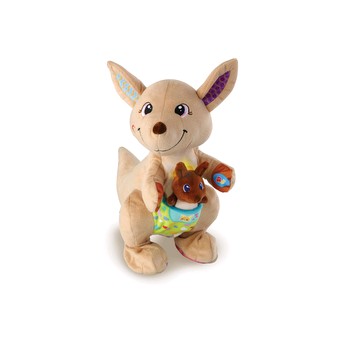Why Join VTech Club?
Joining is free, fast and full of great benefits, such as:
- Promotions and offers
- Monthly £1,000 prize draw*
- Regular competitions
- Special offers for our members
Added benefits
- Register your VTech products
- Apply to be a Product Tester
-
Shop
AgeBaby MonitorsBy BrandMore Ways To Shop
- Brands
-
Downloads
Learning LodgeLearning Lodge AppsIOS AppsAndroid AppsDigiart
-
Parents
VTech Club Sign-up
- Customer Support
Consumer ServicesAbout VTechFirmware UpdatesContact Us - Customer Support
Shop
Age
Baby Monitors
By Brand
More Ways To Shop
Brands
Downloads
Learning Lodge
Learning Lodge Apps
IOS Apps
Android Apps
Digiart
Parents
VTech Club Sign-up
Parenting
Community
Customer Support
Consumer Services
About VTech
Tutorials
Firmware Updates
Contact Us

1-4
YEARS
Hop-a-Roo Kangaroo
£42.99
Temporarily unavailable to purchase online,
for more information please call 03306780149
for more information please call 03306780149
Developmental Benefits

Motor Skills

Language Development

Imitative Play

Imaginative Play

Cause & Effect

Role Play
Developmental Benefits
Hop-a-Roo Kangaroo

- Encourages fine motor skill development.
- An infant’s growth and development in the first year of life is rapid. Many movements that young babies make are in preparation for the next stage of their development. When young babies watch a mobile they are constantly moving their head, arms, legs and even their mouths in response to the movement of the toy. Sound and movement attract a baby’s attention; if a toy is placed almost within reach of babies their movements become more animated. Bath toys provide opportunities to develop and use motor skills to great effect. For example, a young baby has greater control over their leg movements than their arms. You will often see young babies in a bath reaching with their legs towards a floating toy and kicking. All these movements strengthen muscles in readiness for the next stage - walking.
As babies develop they become more adept at grasping objects. Young infants learn to grasp an object, for instance a cube. The grasping, at first, is quite clumsy but through repetition, and across time, infants become adept at grasping and develop fine motor skills. Infants first use the ulnar grasp where their fingers close against the palm when trying to hold an object. Within another month they are able to move the object from hand to hand. After the first year, infants adopt the ‘pincer grasp’ where they use their thumb and index finger to grasp even very tiny objects. Shape sorters help infants to fine tune their visual perception and hand coordination. Soon infants are building towers with two cubes; this also requires fine coordination skills. As the child grows computer games have been shown to help with hand and eye coordination. Spatial skills can also be enhanced when playing games that require concentration, quick responses and finely tuned motor skills.

- Introduces the alphabet, letter sounds and vocabulary.
- Babies start to babble at an early age and this can be seen as the first signs of language. They are predisposed to pick up the sounds of the language that they hear around them. Adults can facilitate babies’ language development by playing with them, focussing on particular toys, reading books and naming everyday objects. The more babies are exposed to language the faster they will begin to pick up it up. There are social skills involved in language acquisition such as realising that it is necessary to wait until the other person has finished speaking. Babies begin to learn about conversational turn-taking from an early age; if a baby is babbling the adult waits for a pause and then talks to the baby. Babies learn to take turns even before they are using words. Social interaction is important for language development and turn-taking games are a fun and educational way for babies and young children to learn.<br/ > Young children also need to practice their language skills. Toys that name alphabet letters and everyday words satisfy young children’s need for repetition and rehearsal when practicing words and sounds. For instance, young children can press a button repetitively to hear the same sound or word again. Babies and children learn a lot through repetition and pick up words rapidly in this way. Once children begin to read their vocabulary expands enormously.

- Copying observed action encourages social and emotional skills.
- Imitation begins very early in an infant’s life. Young children learn socially from older children and adults by copying them. Imitative play is a fundamental part of learning; young children watch adults and then copy them extensively. Throughout their early years children are learning to adapt to the cultural world into which they have been born. Imitative play allows children to experiment with the cultural tools and behaviour that they have observed. Children try to use laptops, phones and any other electronic device available to them because they have seen adults using and interacting with these devices. Young children’s manual dexterity and hand and eye coordination is well adapted for using mobile phones and other devices. Children can benefit from having replica items available, such as an infant laptop or an imitation mobile phone. These electronic items can enhance manual skills, hand and eye coordination and spatial skills.<br /> Imitative play requires children to observe and copy other’s behaviour. Sometimes children watch another child performing an action but don’t copy the action immediately. Lots of imitative play occurred in our nursery school study where we observed children playing with VTech toys. Children learn through observing and copying others. Young children watch other children and observe the consequences of actions without having to perform the actions themselves. This can help with social and also motor skills. A young child in our nursery study watched another child press a button on a toy to play some music and then jig up and down. After wandering off the young child who had observed the jigging returned to the toy pressed the button and began to jig up and down to the music. Children learn from each other as they play. Imitative play allows for lots of repetition which is also a valuable learning activity.

- Imagination and exploration through interaction with characters.
- Children’s imagination is active from an early age. Imaginative play has links to what psychologists call ‘social pretend play’. Young children pretend or imagine that, for instance a wooden block is a cake and they carefully ‘cut’ it. A large proportion of pretend play tends to be social. Imaginative play begins when infants play and pretend with adults. As young children develop they begin to try to engage other children in social pretend play. Young children in nursery benefit from engaging in imaginative play. It helps them to begin to understand that other children think differently to them and have different ideas.<br /> Children can engage in imaginative play with other children where they have agreed on a story or scenario that they want to act out. Young children playing with toys use their imagination to invent scenarios and play out the consequences. They can use characters to explore scenarios and act out scripts such as going shopping or bedtime. Imaginative and social pretend play is beneficial for children as it allows them to explore different ways of viewing the world. Children who use their imagination when playing with other children are increasing their social competence and their understanding of other people. In a study where we observed children playing in a nursery we found that young children engaged in imaginative play, often using the toys in unexpected ways. Children’s imagination benefits from the opportunity to play with all types of toys.

- Rewards baby as they learn that their actions have reactions
- Babies are exploring and experimenting with the world almost from the day they are born. Cause and effect is a scientific concept that babies learn very early in their lives. A delightful example of this is when babies begin to explore gravity by dropping toys whilst sitting in their highchair. The toy drops downwards and makes a noise as it hits the floor. Parents will tend to pick the toy up and return it to the infant. This enables the baby to continue with their experiment and learn more about cause and effect; babies learn a great deal through repetition and it is good to facilitate opportunities where babies can begin to understand that, for instance, a toy will always fall to the ground. This type of learning through cause and effect continues throughout childhood. Encouraging children to be curious about the world facilitates learning through experience. Toys that reliably make a noise when pressed, pulled or touched teach babies that their actions have an effect on the world. VTech bath toys with their pouring and squirting features encourage cause and effect awareness.<br /> Children demonstrate that they have understood the concept of cause and effect when they talk about the consequence of actions. Before children use spoken language researchers discover what young infants understand about the world by presenting them with unexpected events. For example, babies are beginning to understand that toys reliably fall to the ground and that if a toy train goes into a tunnel it will come out the other end. If babies are presented with an unexpected event where, for example, a moving toy train disappears behind a screen but does not come out the other end they will stare for a long time at the screen. VTech toys offer babies and children the opportunity to learn more about cause and effect by pressing buttons and listening to the sounds, moving toys around and playing educational computer games.

- Develops imagination and encourages cooperation, listening and turn-taking.
- Role play is a form of social pretend play. Children benefit from social pretend play because it can help them to revisit events that may have provoked some anxiety in the past. For instance, after a visit to the doctors children often play at being doctors and nurses. Role play not only reflects but also contributes to children’s cognitive and social skills. Playing out an experience enables children to understand more about it.<br /> Research has shown that during social pretend play, young children’s interactions last longer, are more engaging and also more cooperative. Nursery school children who spend more time in socio-dramatic role playing are also perceived as more socially competent by their teachers. Role play enhances many cognitive abilities such as sustained attention, memory, language and literacy skills, and helps children to understand and manage their emotions. Role play is generally a social activity but some children can engage in solitary role play where they create imaginary companions. Games where children can create worlds and populate them with their own characters can be beneficial.
- This adorable Kangaroo hops across the floor and encourages your little one to move with it.
- Encourages nurturing role play.
- Put-and-take pouch allows you to put the cute Joey inside.
- Three different activities with baby, singing, kissing and jumping.
- Different fabrics help support sensory development.
- 2 buttons on the kangaroo's paws introduce fun facts, numbers, phrases and sounds.
- Includes 3 fun songs and 10 melodies.
Best for ages:
1 to 4 Years
Highlights
This adorable Kangaroo hops across the floor and encourages your little one to move with them. Includes 3 fun sing-along songs and 10 uplifting melodies.
Description
The VTech Hop-a-Roo Kangaroo is a fun and interactive learning toy! This adorable Kangaroo hops across the floor and encourages your little one to move with them. The cute phrases, kissing button and pouch button introduce your little one to nurturing role play. The put-and-take pouch allows you to take the cute Joey in and out and use him to interact with his mummy. The sing-along songs encourage your little one to join in with a stop and start game. There are 2 buttons on the kangaroo`s paws that introduce fun facts, numbers, phrases and sounds. Includes 3 sing-along songs and 10 melodies.
- Product Number: 80-522603
- 4 x AA Batteries Required
- Customer Support
- Learning Lodge on
macOS 10.15 - FAQs
- Contact Us
- Product Safety Message
- Privacy Policy
- Cookie Statement
- Vulnerability Disclosure Policy
- Delivery Detail
- Website Terms & Conditions
- Learning Lodge Terms & Conditions
- Kid Connect and KidiConnect Terms and Conditions
- eWaste & Battery Recycling
- Product Warranty
- Returns Policy
- Modern Slavery Statement
- Right to Erasure Request Form
- Site Map
- About VTech
- Expert Panel
- Careers
- Sustainability
- Tax Strategy
- Climate Positive Workforce
- VTech Global
- VTech Canada
- VTech US
- VTech Phones

©2025 VTech Electronics, All Rights Reserved.



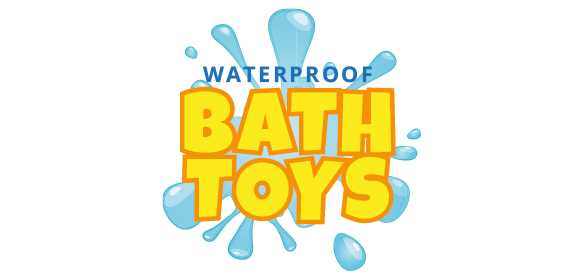
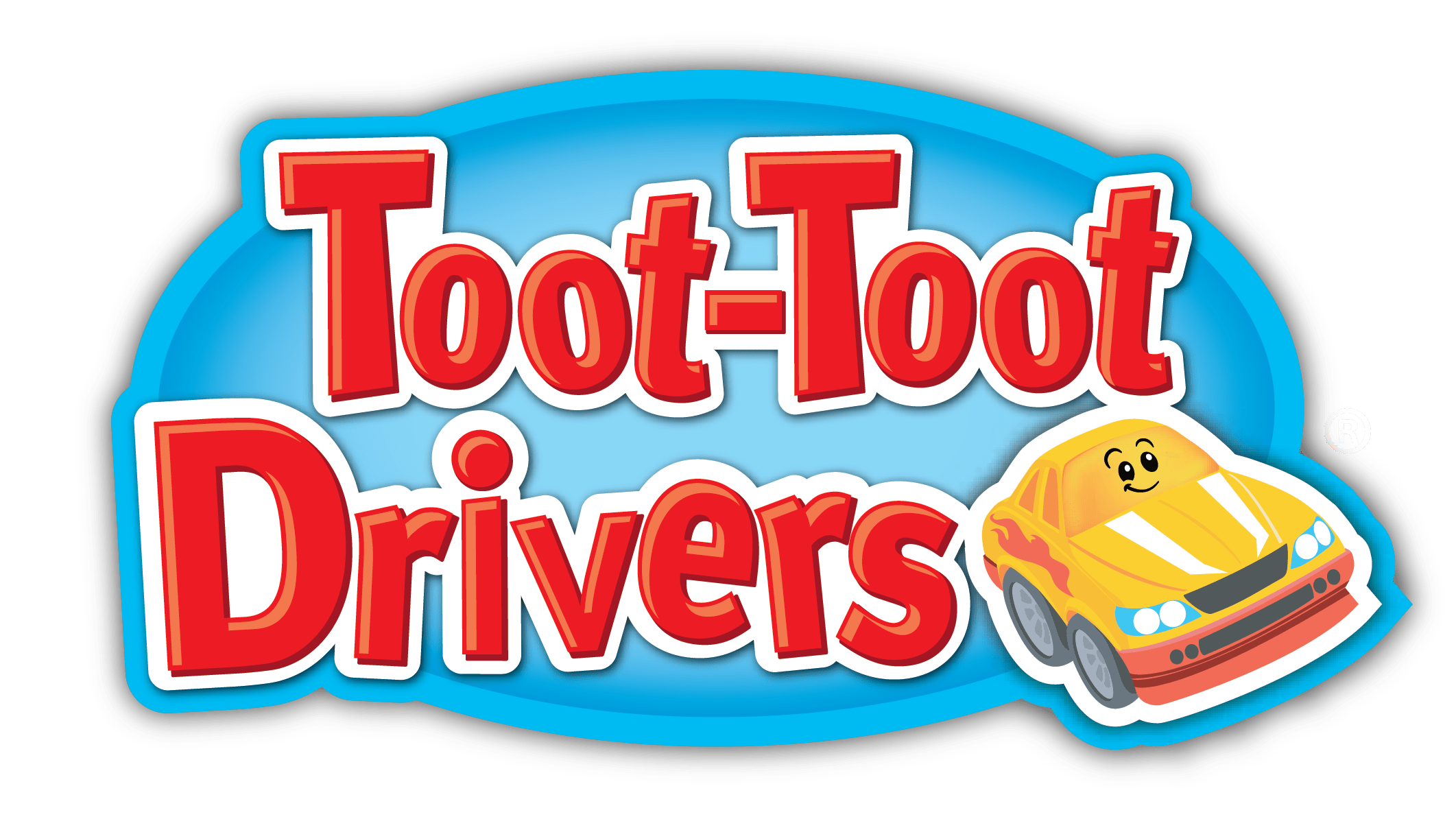



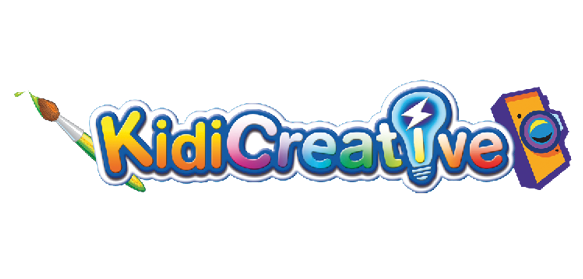


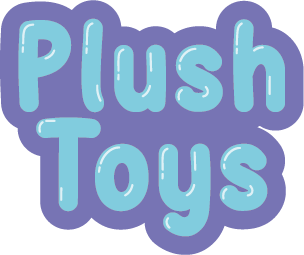

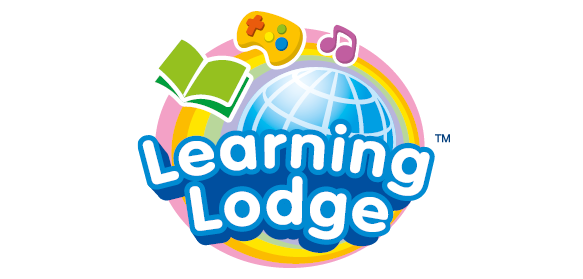 Download
Download

